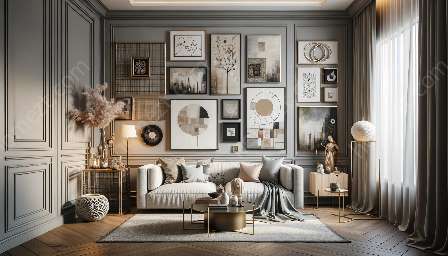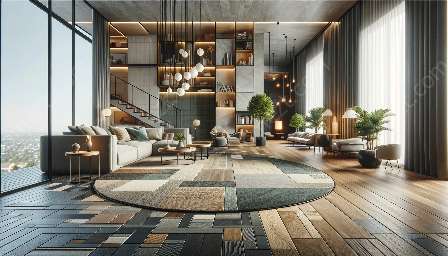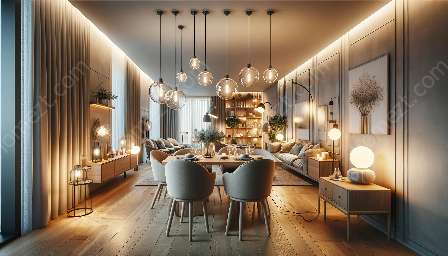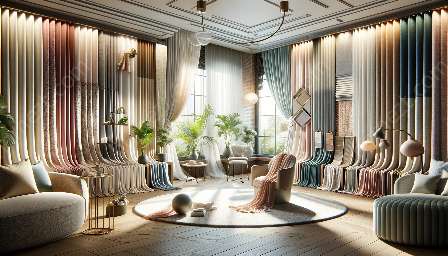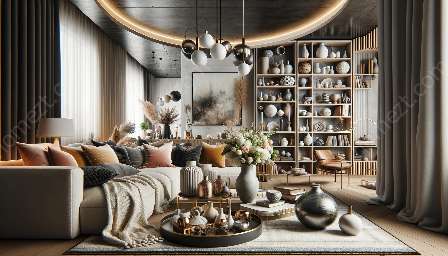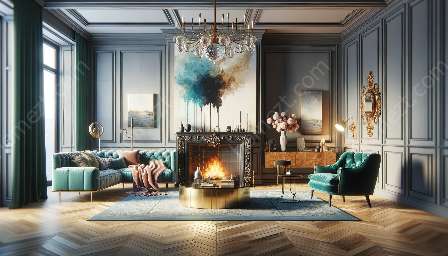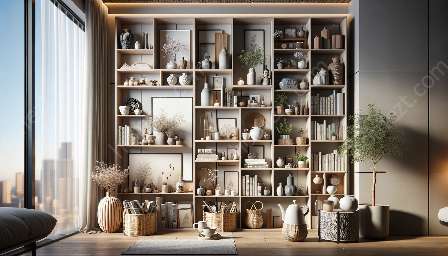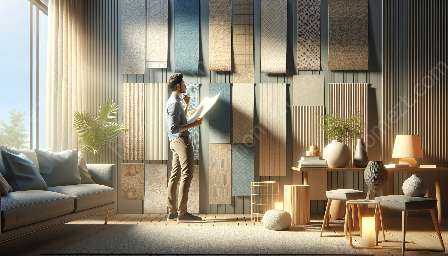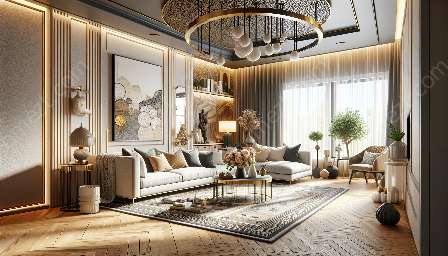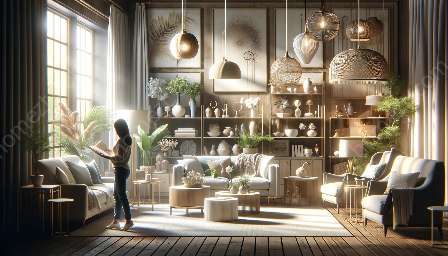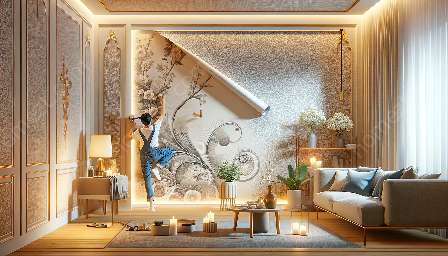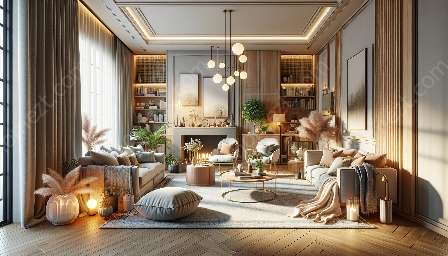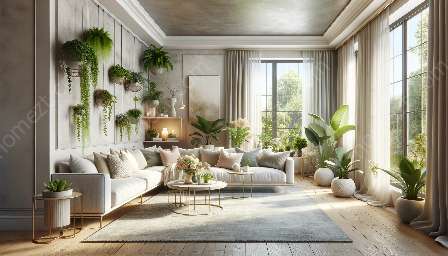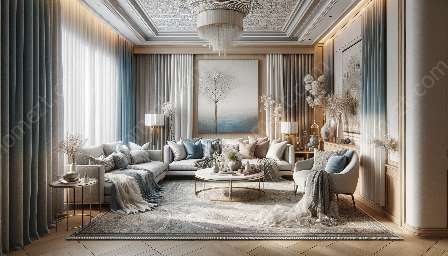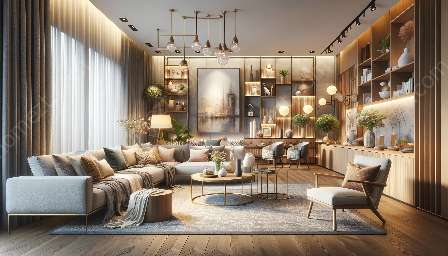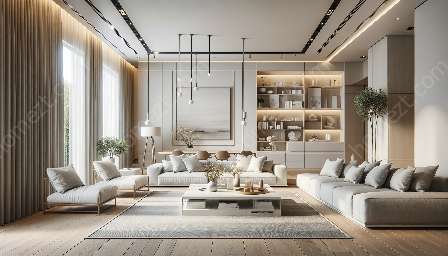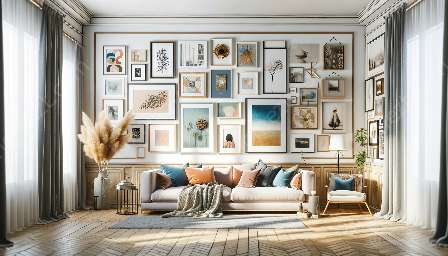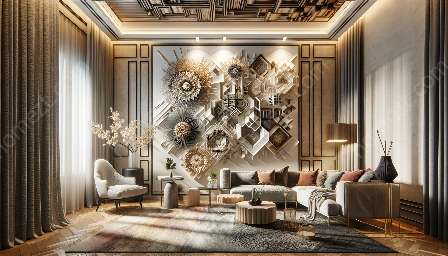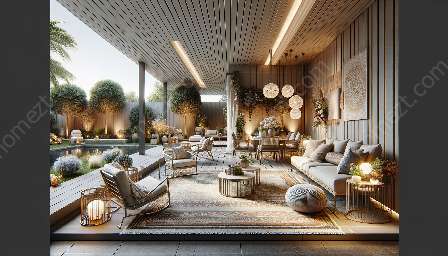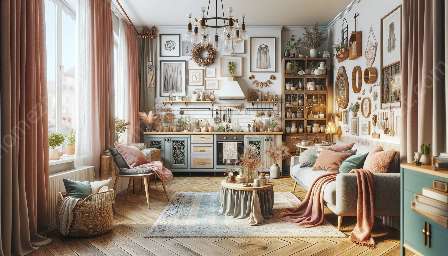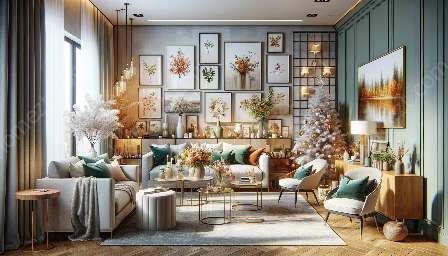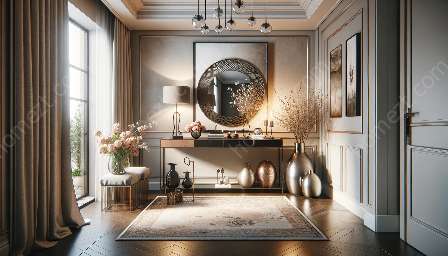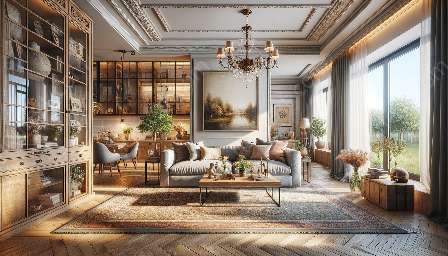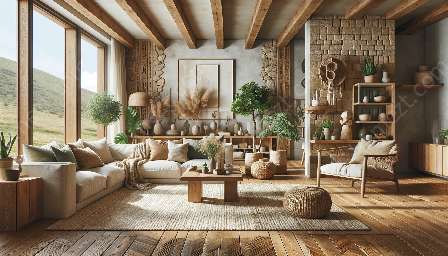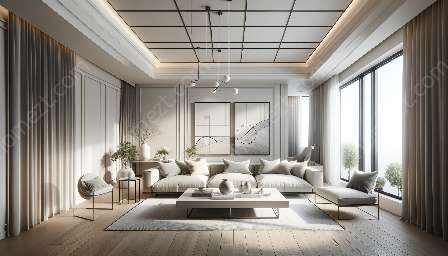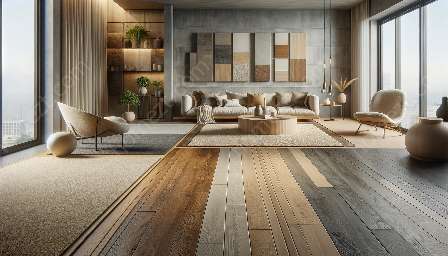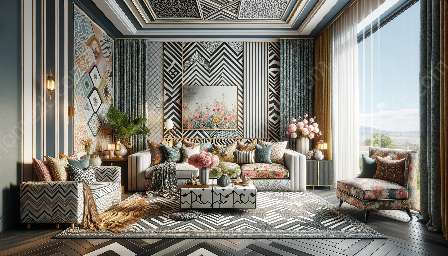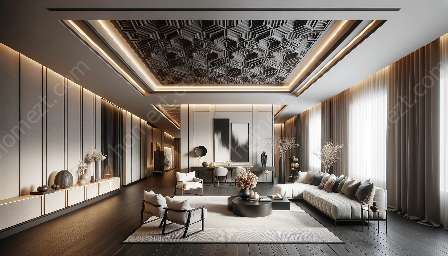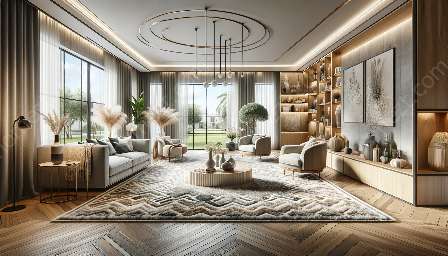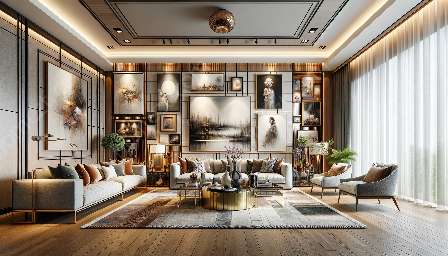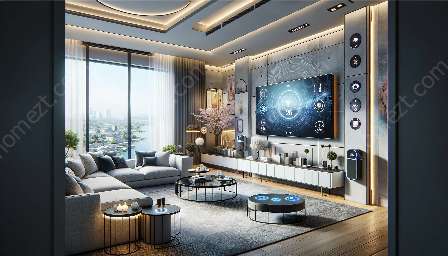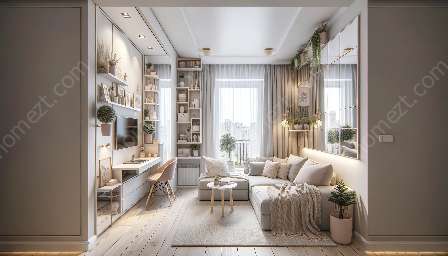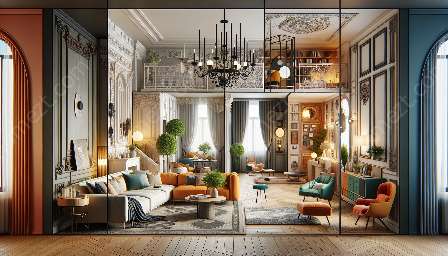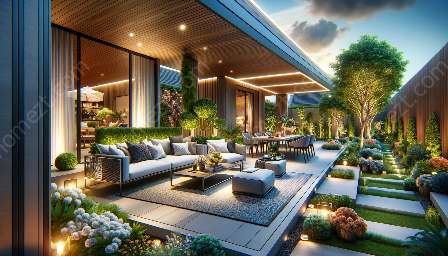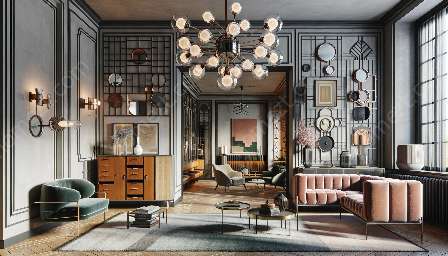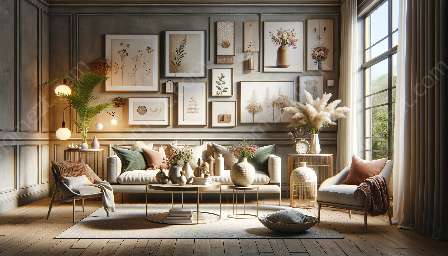Minimalist interior decor has gained popularity for its clean, simple, and uncluttered aesthetic. Beyond its visual appeal, minimalist design also offers a range of psychological benefits that contribute to improved well-being, mental clarity, and overall happiness. This topic cluster will explore the psychological benefits of minimalist interior decor, guide you through creating a minimalist design, and provide tips for decorating in a minimalist style.
Emotional Calm and Peace
One of the prominent psychological benefits of minimalist interior decor is its ability to promote emotional calm and peace. The absence of clutter and excessive decoration in a minimalist space creates a sense of tranquility and serenity, allowing individuals to feel less overwhelmed and more at ease in their surroundings. This can lead to reduced stress levels and a greater sense of emotional well-being.
Enhanced Focus and Productivity
Minimalist design promotes enhanced focus and productivity by reducing visual distractions. A clutter-free environment helps individuals concentrate on tasks without being overwhelmed by unnecessary stimuli. This can result in improved productivity and efficiency, as well as a clearer mindset to tackle daily responsibilities and goals.
Stress Reduction and Mental Clarity
By minimizing visual and physical clutter, minimalist interior decor contributes to stress reduction and enhanced mental clarity. The streamlined and simple aesthetics of a minimalist space have been found to lower cortisol levels and promote a sense of mental clarity, allowing individuals to better process their thoughts and emotions. This can lead to improved mental well-being and a greater sense of control over one's environment.
Encouragement of Mindfulness
Minimalist design encourages mindfulness by prompting individuals to be more conscious of their surroundings and possessions. As a result, individuals may develop a greater appreciation for the items they choose to keep in their minimalist spaces, leading to a more intentional and mindful approach to consumption and living. This heightened awareness can positively impact overall happiness and contentment.
Creating a Minimalist Design
To create a minimalist design, it's essential to focus on simplicity, functionality, and clean lines. Start by decluttering your space and only keeping items that serve a purpose or bring you joy. Embrace neutral color palettes, unadorned surfaces, and ample open space to create a visually calming environment. Emphasize quality over quantity when selecting furniture and decor, and incorporate natural elements such as wood and plants to add warmth to the space.
Decorating in a Minimalist Style
When decorating in a minimalist style, prioritize purposeful accessorizing and limited adornment. Select a few statement pieces or artworks that hold personal significance, rather than overwhelming the space with numerous decorations. Maintain a sense of openness and airiness by carefully arranging furniture and incorporating storage solutions to keep clutter out of sight. Remember that a minimalist design is not about sacrificing comfort, but rather about creating a space that promotes tranquility, mindfulness, and well-being.
Conclusion
Minimalist interior decor offers a host of psychological benefits, from promoting emotional calm and peace to enhancing focus, mindfulness, and overall mental well-being. By embracing minimalist design principles and decorating in a minimalist style, individuals can create living spaces that contribute to their psychological wellness and happiness.

